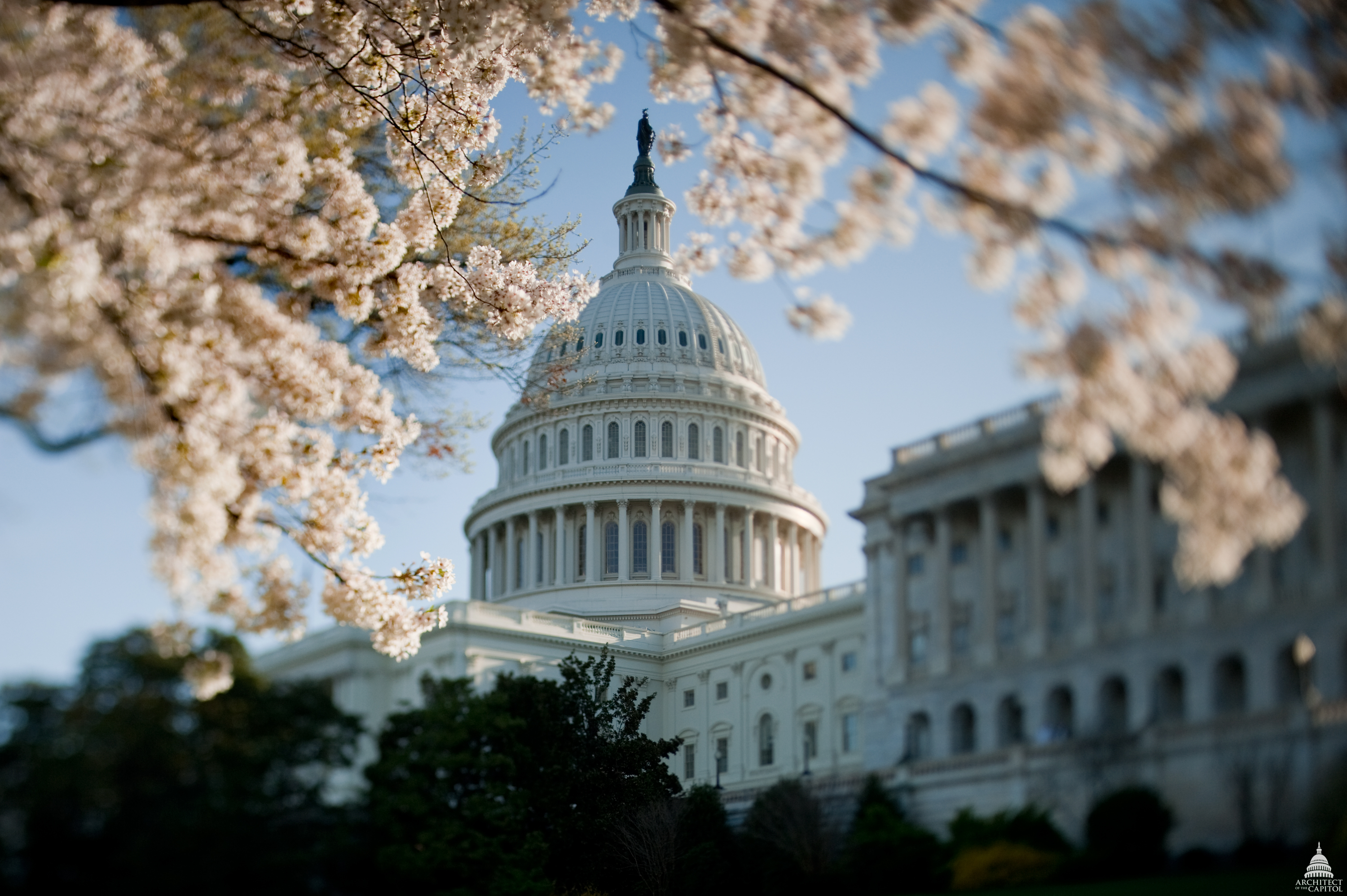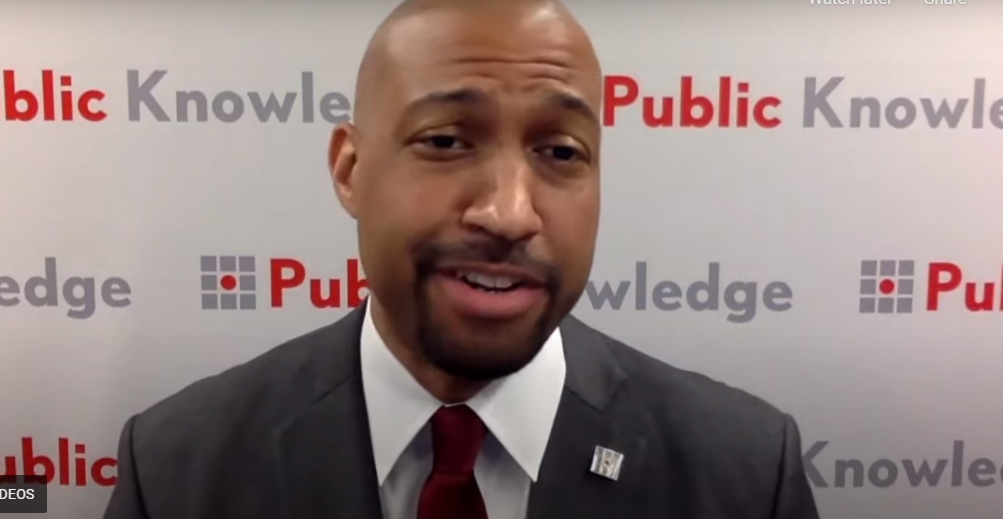House Dems Focus on Digital Disparities
Hearing predicated on argument broadband cost, lack of competition, are among barriers

The smarter way to stay on top of the streaming and OTT industry. Sign up below.
You are now subscribed
Your newsletter sign-up was successful
The House Energy & Commerce Committee waded into broadband as an equity issue Thursday (May 6) in a hearing "addressing disparities in access and affordability."
Committee Chairman Frank Pallone (D-N.J.) said one problem creating digital disparities has been too narrow a definition of the digital divide.
"For too long, the term digital divide has been used to characterize the differences in quality and speed of internet networks in rural areas, compared to those in urban areas," he said in his opening statement. "There is no doubt that government must step in and invest where the marketplace doesn’t support the business case for private broadband investment in any community in our nation. But that's just the start," he said. "Studies have shown that within all sorts of different communities broadband service isn’t always available or of equal quality. Certain communities somehow always find themselves at the back of the line when it comes to upgrades to the network."
Pallone said the digital divide between races and ethnicities when it comes to access hurts students and their ability to get jobs.
Rep. Anna Eshoo, who has introduced legislation to preempt laws — backed by cable broadband operators — that limit municipal broadband buildouts said the digital divide — however it is defined — is a national embarrassment and that community broadband networks are part of the solution.
But while the hearing was premised on the assertions that lack of competition and high prices were among the impediments to broadband that exacerbated a racial digital divide, Communications Subcommittee ranking member Rep. Bob Latta (R-Ohio) suggested both were off base.
“According to the most recent Communications Marketplace Report published by the FCC, the cost of the most popular plans has decreased by 20 percent, while speeds increased by 16 percent since 2015," he said. "And, as a result of more Americans upgrading their services, the average cost of the highest speed offerings have dropped by 37 percent, while simultaneously increasing speeds by 27 percent."
The smarter way to stay on top of the streaming and OTT industry. Sign up below.
As to an urban as well as a rural divide, he said that broadband subscriptions in urban areas are up 21.8% over the past five years. "And despite the claims of consolidation, the number of broadband providers has increased over 25 percent from 2014 to 2019, with urban core areas seeing an increase of 30 percent."
And while Democrats are pushing for more money for broadband — including another $6 billion to make the current Emergency Broadband Benefit permanent — in addition to the billions of dollars already allocated in COVID-19 relief packages, Republicans are billing that as more radical Big Government programs from the new Biden Administration that would "reshape" entire industries.
The infrastructure package President Biden is currently promoting would inject another $100 billion into broadband subsidies, adding to Republicans' angst about the vast sums involved.
Rep. Cathy McMorris Rodgers (R-Wash.), ranking member of the full committee, also cited price decreases despite the decision by then FCC Chairman Tom Wheeler to exclude rate regulation from the Title II (common carrier reg) regime the FCC was imposing on ISPs.

But rate regulation clearly appears to be on the table for Democrats emphasizing that cost is a barrier to adoption that the government needs to address.
The majority of the witnesses agreed that cost was a big barrier.
Chris Lewis, president of Public Knowledge, said that the high cost of broadband is one of the primary reasons for the "staggering" digital divide, and said that Congress should take steps to increase competition and provide a long-term benefit.
Citing Pew Research Center data, Joi Chaney of the National Urban League said that unaffordability is the single biggest reason that Americans cite for not subscribing to broadband. "It does not help much to have lightning-fast broadband at your door if you cannot afford to subscribe to it," she said.
Contributing editor John Eggerton has been an editor and/or writer on media regulation, legislation and policy for over four decades, including covering the FCC, FTC, Congress, the major media trade associations, and the federal courts. In addition to Multichannel News and Broadcasting + Cable, his work has appeared in Radio World, TV Technology, TV Fax, This Week in Consumer Electronics, Variety and the Encyclopedia Britannica.

